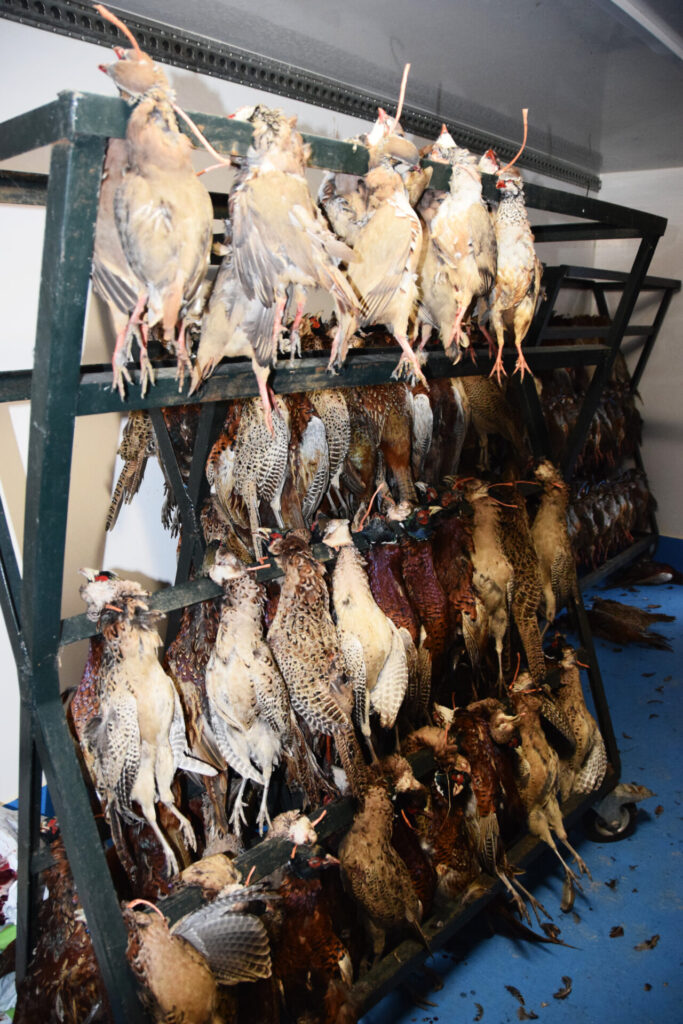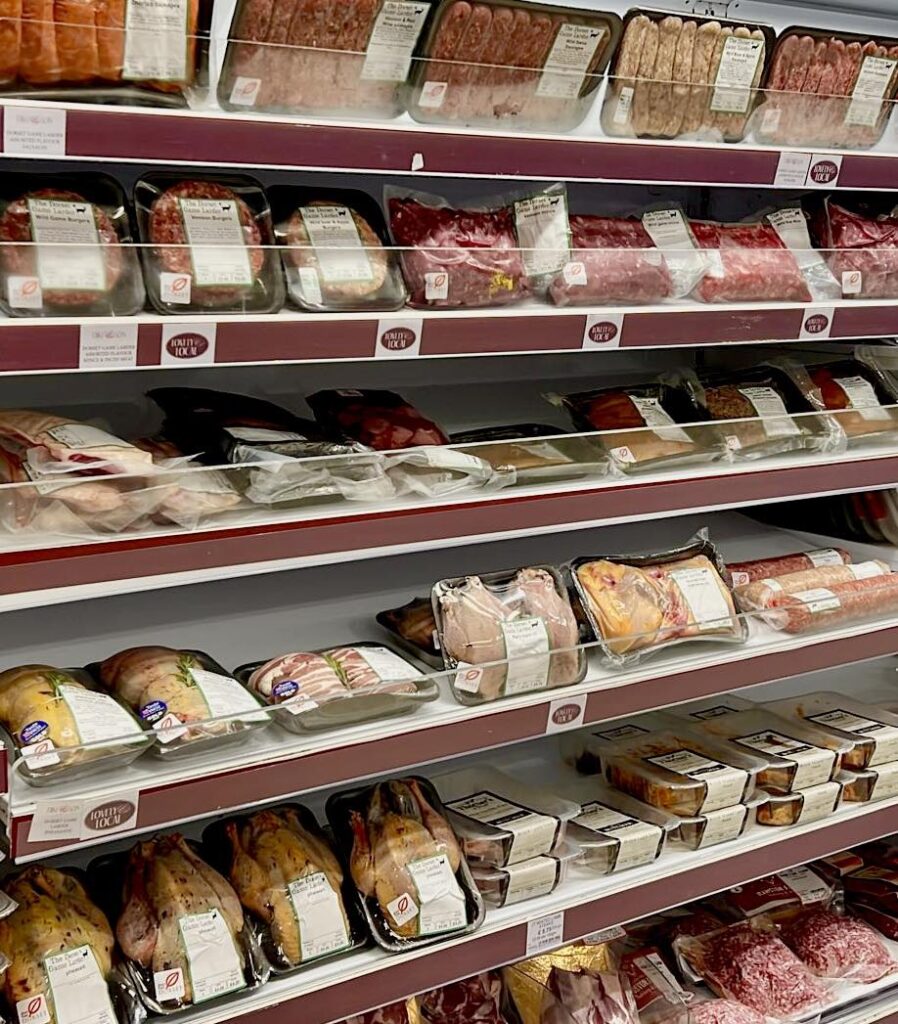Dorset Wildlife Trust’s conservation officer Mariko Whyte takes a closer look at just a few of the fungi you can find on a walk in Dorset

When we think about nature, we often think of the plants, animals, birds and even insects and other invertebrates – but how about fungi? Fungi comprise some of the most diverse and fascinating organisms in the world, and they can survive and thrive in all habitats and under the most extreme conditions, even at the bottom of deep oceans.
They are vital to many ecosystems, playing a key role in nutrient cycling and breaking down organic matter, forming a key component of healthy soils and helping some plants access nutrients and water. They also provide a food resource for animals and people. Some are even able to break down plastics and hydrocarbons, and research is underway into their potential for cleaning up our messes including oil spills[1] and plastic pollution[2].
Fruiting of fungi is usually triggered by changing environmental conditions such as temperature, light and moisture. In the UK, we see many fungi starting to fruit in the autumn, as the hotter, drier summer weather gives way to our usual milder, wetter conditions.
Although many fungi might seem instantly recognisable, there are often very subtle differences between similar species and identification is difficult. Often, microscopic examination of spores is needed and even experts are frequently baffled, with new species being discovered every year in Britain.
Below are just a few examples of interesting fungi you can find in Dorset.

Image: Tony Wilson
Parasol mushroom
A classic ‘mushroom’ which has a tall stalk and a cap with gills beneath. They are commonly found on permanent grassland, heathland and woodland glades throughout Dorset, including Greenhill Down near Blandford, usually appearing towards the end of the summer. The cap opens to a large, flat parasol up to 30cm across.
Yellow Brain fungus
This is a type of jelly fungus – it is parasitic, feeding on other fungi that feed on dead wood. It is common on gorse on heathlands but can also be found on other dead wood and in woodland such as Bracketts Coppice nature reserve near Yeovil. It can vary in colour from bright pale yellow to a rusty orange when dry.

Waxcaps
Waxcaps are a group of colourful grassland mushrooms which are great indicators of high quality, unimproved grassland. Often seen at our Kingcombe Meadows nature reserve near Maiden Newton, they are found where there is a long history of traditional grazing management and the soils have been undisturbed by ploughing or the use of fertilisers. They begin to appear in autumn, peaking in November, and they come in a range of colours from pink to bright red, orange, yellow, white and even green.

Turkey tail
This is a common bracket-type fungus which grows in tiered clusters on dead wood – it can be seen all year round. The fruiting bodies have pores beneath instead of gills. The common name comes from the concentric coloured patterning on their top surface. Turkey tail can be found at Ashley Wood nature reserve near Blandford and Girdlers Coppice nature reserve near Sturminster Newton.

Scarlet elf cups
These appear in winter through to early spring, and form bright red cups which are smooth inside and pale and downy on the outside. Recorded at Kilwood nature reserve near Wareham and Lorton Meadows in Weymouth, they are attached by a short stem to twigs and deadwood on the damp woodland floor, or near rivers and ditches. A puff of white spores is released from the upper surface in response to external triggers such as a change in temperature. Try blowing on the mature fruits in late winter to see this in action!

Devil’s fingers
This is a strange-looking fungus which grows in grasslands and is recorded at Loscombe nature reserve near Bridport. The fungus emerges from a gelatinous ‘egg’ and its tentacle-like arms are covered in a dark olive-coloured, smelly slime which contains the spores. This attracts insects such as flies which help disperse the spores.

Earth balls
These are a group of similar-looking round fungi which grow on the woodland floor: find them at Holway Woods near Sherborne. They are shaped like a leathery potato, and are solid with a brown-black interior beneath the off-white outer skin. When mature, the inner flesh develops into powdery spores which are released through splits in the outer skin.


























